The climate emergency is here, what can we do to make a difference?
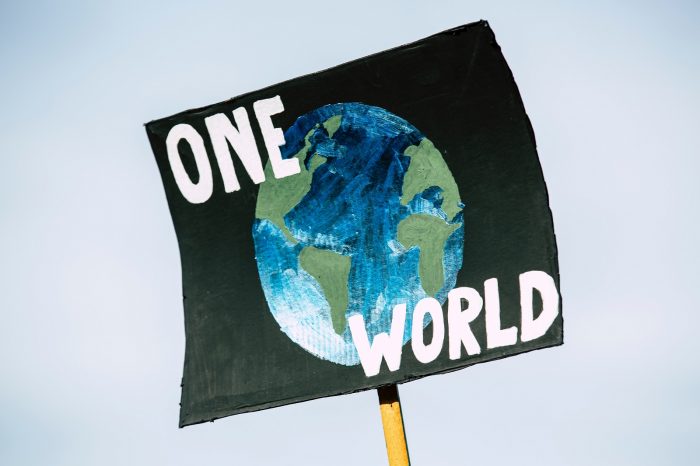
There is no getting away from it, we are in the grip of serious climate change and urgent action is required from each one of us to avoid irreversible environmental damage. With the latest warning signs – extreme weather conditions – dominating global news, the forthcoming 26th UN Climate Change Conference of the Parties (COP26) will be accelerating action to stem the crisis.
As Nikwax is well known for its commitment to environmental stewardship and remains dedicated to helping fight climate change, we’re championing five small acts we can each apply to our lives that will help to make a difference…
Eat less meat and dairy
Animal agriculture creates vast amounts of harmful greenhouse gases and reducing your consumption of meat and dairy products is one of the biggest ways to reduce your environmental footprint on the planet (a 2020 Oxford University study found it is impossible to keep global heating to the lowest safe limit without a shift to a more plant-based diet). A good place to start is ‘Meat Free Monday’, a global initiative championing the difference just one plant-based day a week can make. When you consider that livestock production is responsible for at least 14.5% of global greenhouse gas emissions (and possibly as much as 51%), a collective shift in our eating habits is critical.
If plant-based inspiration is lacking, there are plenty of delicious fuss-free recipes on Meat Free Monday
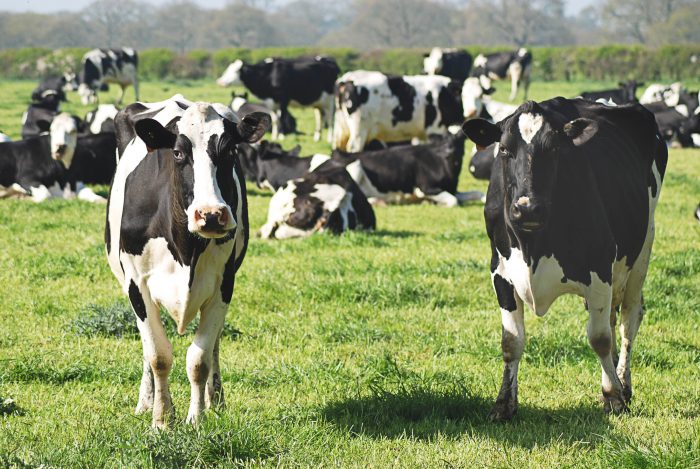
Avoid wish-cycling
Wish-cycling is the practice of recycling items that cannot be recycled, stemming from the best intentions. In short, it feels better to put our rubbish in the green bin instead of sending it to landfill, even if it is not suitable for recycling. Last year (2019-20) 525,000 tonnes of household recycling was rejected at the point of sorting, according to the Local Government Association, which highlights the scale of the problem. Soiled food containers, bottles with liquid in them and used tissues, kitchen roll and foil are just some of the everyday waste items commonly mistaken as recyclable. Some quick, effective ways to turn things around include swotting up on your council’s recycling rules, knowing your materials (read the packaging carefully, or google it) and cleaning and drying items well before putting them in your recycling bin.
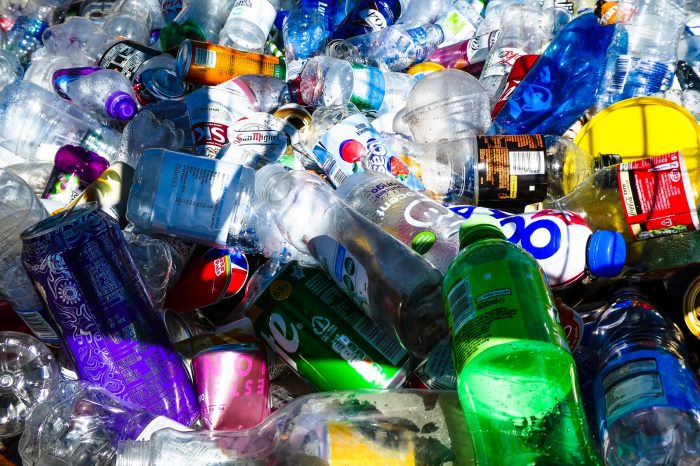
Repair and reuse
Everything we use as consumers has a carbon footprint and repairing our old, damaged goods rather than buying new contributes to cutting consumption and waste. With global waste set to grow by 70% by 2050 unless urgent action is taken, getting in to good habits now is critical. Whilst we don’t have repair shops on our high street (yet!) YouTube is full of tutorials on how to fix household items, from coffee machines to lamps to hairdryers, and it’s often easier than you think to breathe new life in to them.
Reusing is equally as important as repairing so avoid single-use items where possible, even if they are recyclable. Taking your own reusable cup to your favourite coffee shop is a good place to start, as is investing in beeswax food wraps to replace your Clingfilm and foil. Making small changes now will reap rewards in the future.
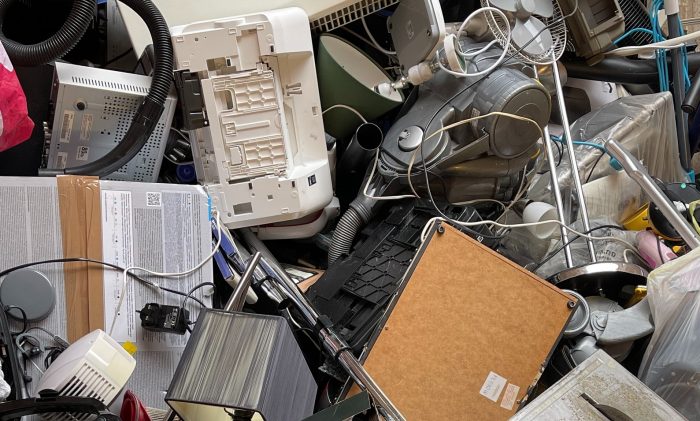
Save energy at home
15% of the UK’s plant-warming gases come from heating our houses and this figure is set to rise with the move to home-working for so many of us. Simply putting on an extra layer of clothing when we feel chilly, and turning down the heating by a degree or two can make all the difference.
It’s an obvious one but turning off lights and appliances when you don’t need them also helps, as does replacing your light bulbs with LEDs or other low-energy lights. Simple changes, made collectively, will have a big impact.
It’s also worth checking out the new £2 billion Green Homes Grant scheme, which allows homeowners to apply for vouchers worth up to two thirds of the cost of upgrading the energy efficiency of their home (you can also check whether your household is eligible for the low income scheme, which covers up to 100% of the cost).
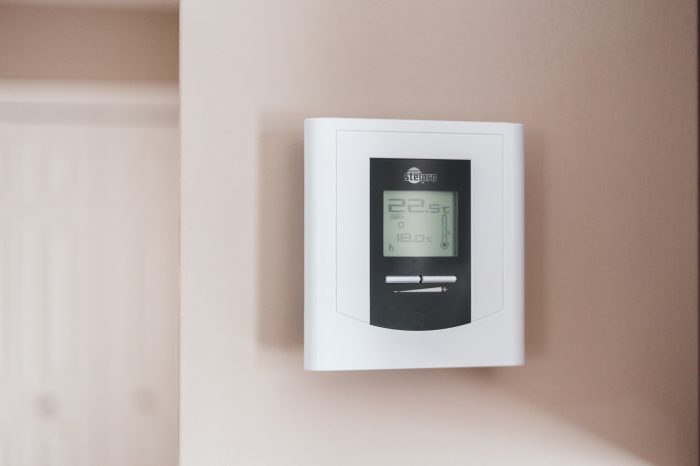
Plant trees!
Trees are our best friends in the fight against climate change, using photosynthesis to capture and store carbon dioxide. They help clean the air, stabilize the soil, protect biodiversity, offset carbon, and so much more. It’s easy to think that people planting trees in their garden or local woodland won’t make much of an impact when globally we need billions to address the crisis, however if 12 million people committed to planting just one tree, they will certainly make a difference. Larger planting initiatives are also gaining ground in the UK, such as the Northern Forest, which will be made up of 25 million trees spanning the north of England from Liverpool to Hull. To read more and get involved visit thenorthernforest.org.uk.
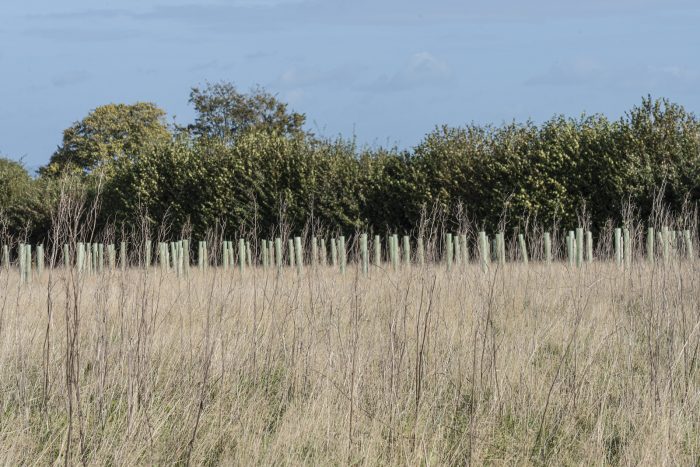
Did you know….?
- At HQ we have been using certified renewable energy since 2013
- In partnership with World Land Trust we have carbon balanced all operative emissions at HQ since foundation
- We are in the process of converting our car fleet to electric or hybrid cars
- We are currently developing a climate action plan in line with science-based targets
- Nikwax has its very own 10 acre woodland in East Sussex. In 2019 staff planted 1,000 trees including Common Oak, Hornbeam, Walnut, Field Maple and Hazel.

Leave a Reply